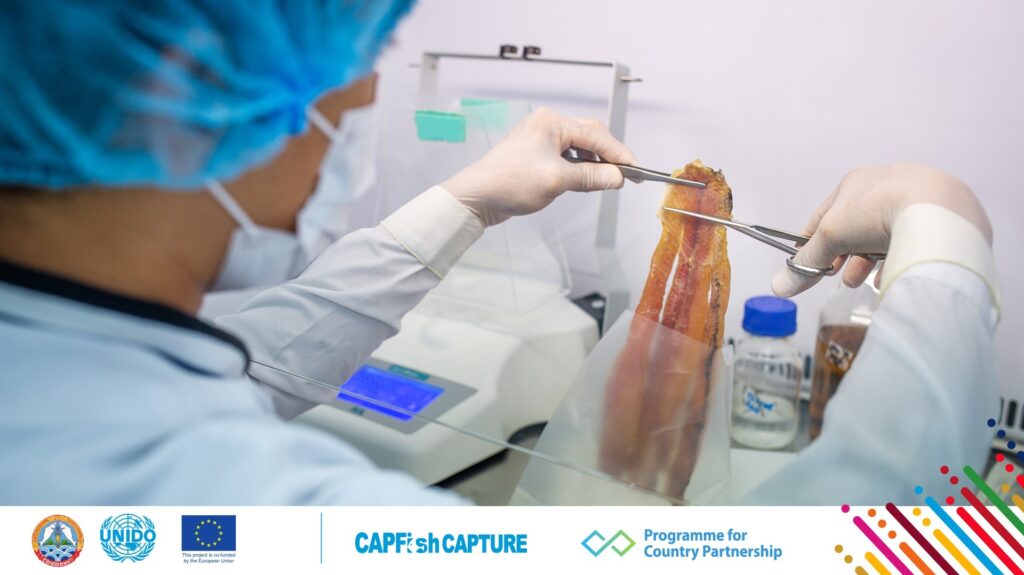International accreditation to boost Cambodia’s food exports
The Laboratory of Environment and Food Safety (LEFS) at Institute Pasteur du Cambodge (IPC), a leading Cambodian non-profit research institution that conducts life sciences and health research as well as public services and training activities, has been accredited for food microbiology testing.
According to the United Nations Industrial Development Organisation (UNIDO)’s statement yesterday, the ISO/IEC-17025:2017 accreditation, issued by the International Accreditation Service (IAS) on September 6, 2022, is the international standard for testing and calibrating laboratory quality management systems, and ensures full compliance of the ISO/IEC-17025:2017 standards for sample preparation, storage and performance testing of microbiological organisms used for food.
ISO (International Organisation for Standardisation) and IEC (the International Electrotechnical Commission) form the specialised system for worldwide standardisation. ISO/IEC 17025 refers to the specific standard that lays out the requirements for testing and calibrations in laboratories.
IPC’s laborartory of environment and food safety is now able to analyse samples for contaminants such as Salmonella, E coli, Coliform’s bacteria, Enterobacteriaceae and culturable microorganism at 30 degrees Celsius in food products and animal feed.
Dr She tty Thombathu, Chief Technical Advisor of CAPFish-CAPTURE: Post-Harvest Fisheries Development Project, said that accredited laboratories such as LEFS play a key role in integrating Cambodian food products into global value chains.
He said that accredited testing facilities in the country are quite limited, and Cambodia depends heavily on the accredited laboratories in the neighboring countries for food testing which is both time consuming and costly.
Professor Andre Spiegel, Director of IPC, said that the accreditation is another step towards IPC’s goal of improving the quality of laboratory services to ensure accurate results for our clients.
He said that for public health, Cambodian authorities will be able to rely on this accredited laboratory, particularly in the field of food safety but also the accredited laboratory will be useful for other industries in the country such as agriculture and fishing.


